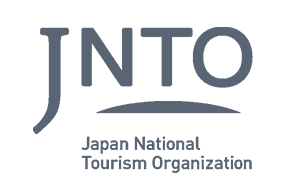A conversation about “Ainu Culture”, the indigenous people of Hokkaido!
Andrew and Mizuki are joined by long term Japan resident and tourism export Paul Haggart for a discussion about the native “Ainu” people in Hokkaido. This video also feature a video testimonial from one of our customer who recalled his visit to the Ainu village lake Akan.
It is worth noting that Ainu culture and language is entirely unique and apart from Japanese culture. Ainu traditions centre around their hand crafts, traditional song and dance, and other activities that go along with a hunter gathering lifestyle (catching wild animals in traps to produce fur clothes etc). Possibly one of the strangest traditions was that the Ainu women would tattoo a moustache on their face. This practice (like many other Ainu customs) offended the powerful Japanese settlers in Hokkaido and the tradition of all Ainu women tattooing moustaches was outlawed by the Japanese.

Ainu culture is much less technologically evolved than Japanese culture, so when the two cultures collides as the Japanese settled in Hokkaido, it set off many decades of quite severe oppression of the Ainu people and their culture. They vigorously fighting for their rights to practice their cultural customs and preserve their language and traditions. In 1997 they won a landmark legal case that granted them the rights to practice centuries old traditions that were outlawed by the Japanese for about 100 years. In 2007 new legislation was introduced to to normalise relations and repeal legistlation over 100 years old that was highly discriminatory of Ainu people. As recently as April 2019, the Japanese government finally legally recognised as an indigenous people of Japan!
There are estimated to be about 25,000 Ainu people left in Japan, but of course the Ainu population has mixed with Japan people for many years so some people estimate as many as 200,000 people in Japan have some Ainu connection in the ancestral bloodlines. In terms of native speakers of the Ainu language, as few as 100 people were left who could understand this isolated unique language (with no written system). But nowadays, many people with an Ainu cultural background and learning their ancestors language to help preserve it for future generations.
Fun fact: In the James Bond novel You Only Live Twice and film, Bond’s character spends some time living in an Ainu village and (in the film) is supposedly disguised as one of the local people, ‘marrying’ a local pearl fisher (ama woman divers) as part of his cover.






